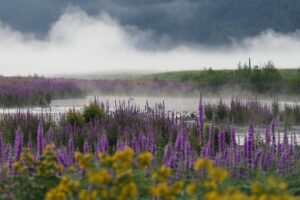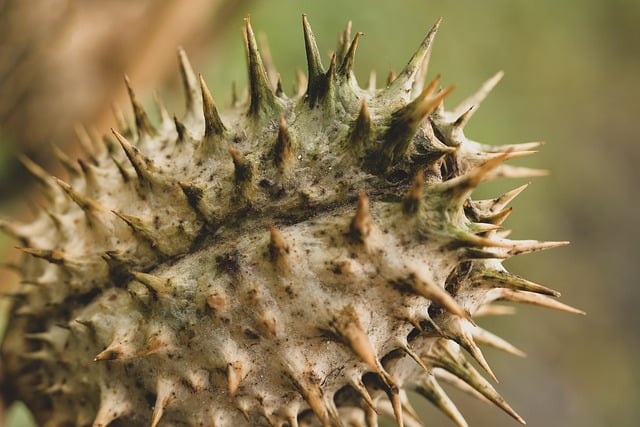
THCA and CBD, both found within the Cannabis sativa plant, are non-psychoactive cannabinoids that can positively influence sleep quality. THCA directly engages with CB1 and CB2 receptors to promote relaxation and potentially offer stronger sedative effects. It may specifically aid in regulating the sleep-wake cycle, leading to deep and restorative sleep. CBD, on the other hand, works by mitigating anxiety, a common barrier to good sleep, through its calming properties without psychoactive effects. Both compounds interact with the endocannabinoid system but through different mechanisms. Users considering THCA or CBD for sleep improvements should consider dosage carefully and consult medical advice to ensure safety and effectiveness. Understanding the differences between THCA and CBD can guide individuals in making informed decisions tailored to their specific needs for restful slumber, with personal experimentation and professional guidance being key factors in determining which cannabinoid may be more beneficial for their individual sleep challenges. The choice between THCA and CBD for sleep enhancement should be based on personal preferences and experiences, as both have distinct therapeutic potentials within the context of sleep wellness.
Discover the potential restorative properties of THCA-rich flowers and how they compare to CBD in improving sleep quality. Our comprehensive article delves into the scientific underpinnings of THCA’s effects on sleep, offering insights into its differential impact on sleep patterns compared to CBD. Learn about the optimal dosage for a peaceful slumber and explore practical ways to incorporate THCA flower into your nightly routine for better rest. Unveil the benefits of THCA versus CBD for sleep and elevate your sleep experience.
- Unlocking Sleep's Secrets: THCA Flower vs CBD Benefits
- The Science Behind THCA and Its Role in Improving Sleep Quality
- Comparing Cannabinoids: How THCA and CBD Differentially Affect Sleep Patterns
- Optimal Dosage and Usage of THCA Flower for Enhanced Sleep
- Integrating THCA Flower into Your Nightly Routine for Better Rest
Unlocking Sleep's Secrets: THCA Flower vs CBD Benefits
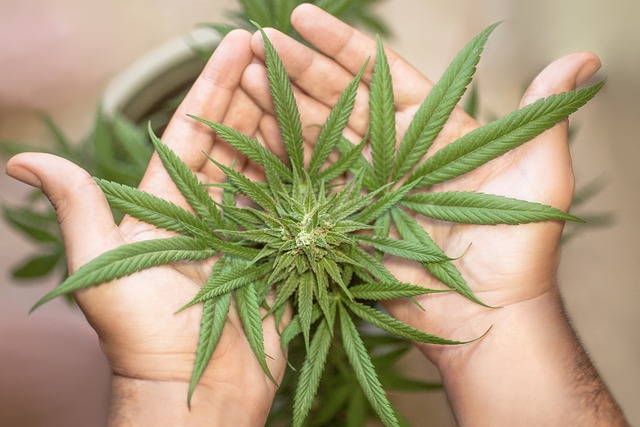
Unlocking Sleep’s Secrets: Exploring the Distinctions Between THCA and CBD Flower Benefits for Restful Slumber
The quest for restful sleep often leads individuals to explore the therapeutic properties of cannabis compounds. Among these, Tetrahydrocannabinolic Acid (THCA) and Cannabidiol (CBD) have garnered significant attention for their potential benefits in promoting sleep. THCA, the raw form of THC found in raw cannabis or hemp flower, is non-psychoactive and interacts with the body’s endocannabinoid system, which regulates various functions including sleep. On the other hand, CBD, another prominent cannabinoid, is known for its calming effects without the high associated with THC.
For those seeking natural remedies to combat insomnia or improve overall sleep quality, understanding the differences between THCA and CBD can be pivotal. Research suggests that THCA may have a more pronounced effect on sleep regulation due to its affinity for the CB1 and CB2 receptors. This could potentially lead to more profound sedative effects compared to CBD, which is also recognized for its anxiolytic properties—a key aspect in achieving uninterrupted sleep as anxiety is often a barrier to sound slumber. While both compounds offer unique benefits for sleep, THCA’s direct impact on the sleep-wake cycle makes it a compelling option for those looking to harness cannabinoids for better rest. Users considering THCA or CBD for sleep should approach their use with caution, adhering to recommended dosages and consulting healthcare professionals to ensure safe and effective outcomes.
The Science Behind THCA and Its Role in Improving Sleep Quality
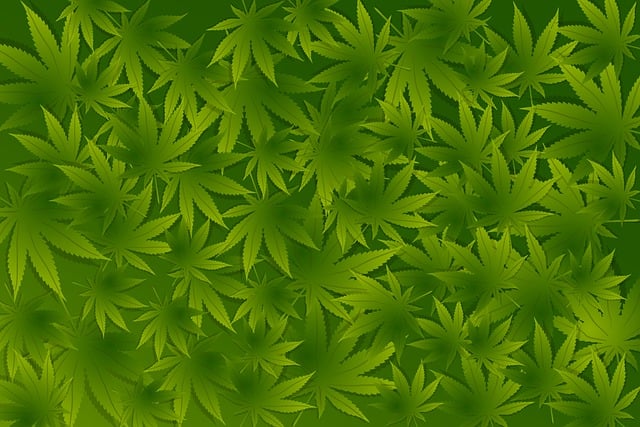
Delta-9-tetrahydrocannabinolic acid (THCA) is a non-psychoactive cannabinoid found in the Cannabis sativa plant, often converted to THC through heat or light exposure. Research has indicated that THCA may offer various therapeutic benefits, among them an enhancement of sleep quality. Unlike its psychoactive counterpart, THCA interacts with the body’s endocannabinoid system, particularly the CB1 and CB2 receptors, without inducing a high. This interaction can influence the sleep-wake cycle by promoting relaxation and reducing anxiety, which are common barriers to achieving restful sleep.
Studies have shown that THCA may be as effective as CBD for improving sleep quality, though through different mechanisms. While both compounds show promise in this area, THCA’s role is unique due to its direct engagement with the body’s natural cannabinoid receptors. The potential of THCA to influence sleep stems from its ability to modulate neurotransmitter activity, including those like serotonin and GABA, which play critical roles in regulating mood and promoting relaxation. As a result, consumers seeking natural alternatives to improve their sleep may find THCA an attractive option due to its non-intoxicating nature and the breadth of its potential effects on sleep architecture and quality.
Comparing Cannabinoids: How THCA and CBD Differentially Affect Sleep Patterns
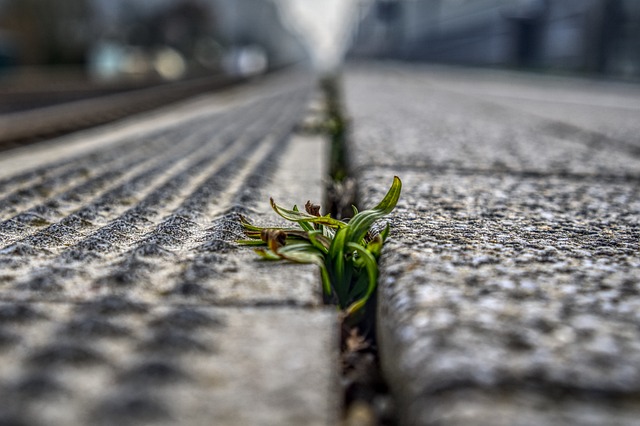
THCA, or tetrahydrocannabinolic acid, and CBD, or cannabidiol, are two prominent cannabinoids found in the Cannabis sativa plant that exhibit distinct effects on sleep patterns. Unlike its psychoactive counterpart, Delta-9-THC, THCA exists naturally in raw cannabis plants and does not induce intoxication. Research suggests that THCA may have potential therapeutic benefits for sleep disorders. It is believed to interact with the body’s endocannabinoid system, influencing the regulation of REM sleep and promoting a calming effect without the psychoactive side effects associated with THC.
On the other hand, CBD is non-psychoactive and has garnered attention for its potential to support sleep without altering one’s mental state. Studies indicate that CBD may improve sleep architecture by increasing total sleep time and reducing the time it takes to fall asleep. It also possesses anxiolytic properties that can alleviate anxiety, a common cause of sleep disturbances. While both THCA and CBD may contribute to improved sleep quality, their mechanisms differ; THCA’s potential benefits are more aligned with the natural sleep-wake cycle, whereas CBD is often sought for its ability to target specific sleep disturbances, particularly those related to stress and anxiety. Understanding these differences can help individuals make informed decisions based on their unique sleep needs and the desired effects they wish to achieve.
Optimal Dosage and Usage of THCA Flower for Enhanced Sleep
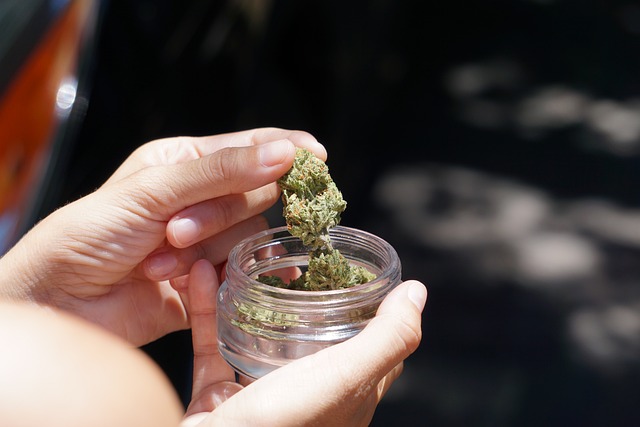
THCA, or tetrahydrocannabinolic acid, is a non-psychoactive cannabinoid found in hemp and cannabis plants that has garnered attention for its potential therapeutic benefits. When heated, THCA converts to THC, the psychoactive component of cannabis. One of the most celebrated benefits of THCA is its impact on sleep quality. For individuals seeking to enhance their sleep patterns, THCA flower may be a viable option due to its relaxing effects without the mind-altering side effects associated with THC.
Determining the optimal dosage for THCA flower to aid in sleep depends on various factors including body chemistry, tolerance, and the specific strain’s potency. Generally, a low to moderate dose is recommended as a starting point, typically ranging from 5-15 mg of THCA per serving. It’s advisable to consume THCA flower about 30 minutes to an hour before bedtime to allow sufficient time for its effects to take place. When comparing THCA to CBD for sleep, both compounds have been reported to have positive effects; however, THCA is more direct in its influence on the sleep-wake cycle. Users often report a deep and restorative sleep when using THCA, which can be attributed to its affinity for the body’s endocannabinoid system. As with any supplement or medication, it’s crucial to listen to your body and adjust the dosage as needed, consulting with a healthcare professional when necessary. Regularly assessing your experience with THCA flower will help you find the most effective dosage for your individual sleep needs.
Integrating THCA Flower into Your Nightly Routine for Better Rest
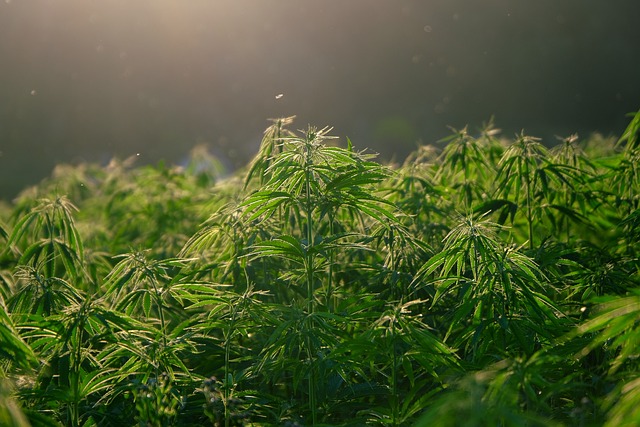
Incorporating THCA flower into your nightly routine may offer a unique approach to enhancing sleep quality, particularly when compared to CBD products. Tetrahydrocannabinolic acid (THCA), which is the raw, non-psychoactive form of THC found in hemp and cannabis plants, has been studied for its potential therapeutic properties, including its effects on sleep regulation. Unlike CBD, which can also promote better sleep but through different mechanisms, THCA interacts with the body’s endocannabinoid system in a way that may help alleviate insomnia and improve the overall quality of rest. Proponents suggest that THCA’s affinity for CB1 and CB2 receptors can influence sleep architecture by promoting relaxation and reducing the time it takes to fall asleep, as well as enhancing the duration and depth of sleep phases.
To effectively integrate THCA flower into your nightly routine, consider consuming it in a form that aligns with your preferences and bodily absorption methods, such as through capsules, tea, or directly as a flower. It’s advisable to consume THCA flower a few hours before bedtime to allow its effects to take full effect. Additionally, pairing THCA with other sleep-promoting practices—like dimming the lights, engaging in relaxation techniques, and maintaining a regular sleep schedule—can amplify its benefits for restful sleep. When comparing THCA versus CBD for sleep, it’s important to note that individual experiences can vary greatly, and what works best for one person may not be as effective for another. Always consult with a healthcare professional before making significant changes to your wellness regimen, especially when considering the use of cannabinoid products.
In conclusion, the exploration of THCA flower’s benefits, particularly in improving sleep quality, presents a compelling case for its consideration as a natural remedy. The scientific evidence suggests that THCA, unlike CBD, may offer unique advantages for those seeking to enhance their sleep patterns. Determining the optimal dosage and incorporating it into a nightly routine can potentially lead to more restful slumber. For individuals curious about how THCA versus CBD for sleep might impact their well-being, the information provided herein offers a clear path forward to make informed decisions. As with any supplement, consulting healthcare professionals is advisable before integrating THCA flower into your health regimen.
